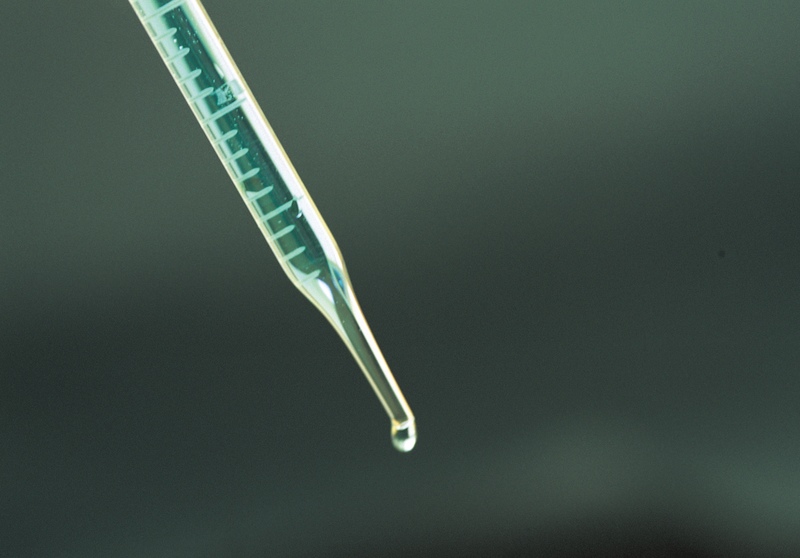
Here are some of the latest health and medical news developments, compiled by the editors of HealthDay:
E-Cigarette Restrictions Take Effect in New York, Chicago
Laws that place the same restrictions on electronic cigarettes as tobacco products take effect in New York City and Chicago Tuesday. Similar rules were recently implemented in Los Angeles.
Health officials and other supporters of the new rules say they’re meant to prevent the re-acceptance of smoking as normal behavior. There are also concerns that teens who use e-cigarettes are more likely to eventually start using cancer-causing tobacco products, the Associated Press reported.
Allowing e-cigarettes in bars and restaurants would undermine current bans on tobacco products, explained Dr. Thomas Farley, the New York City health commissioner under former Mayor Michael Bloomberg.
“Imagine for a moment you’re at a bar and there are 20 people who are puffing on something that looks like a cigarette and then somebody smells something that smells like tobacco smoke,” Farley told the AP. “How’s the bartender going to know who to tap on the shoulder and say, ‘Put that out’?”
Sellers and users of e-cigarettes oppose the new rules. One of their arguments is that the devices help people quit using tobacco cigarettes, but there is no clear evidence of that, the AP reported.
While ingredients in e-cigarettes are not as dangerous as those in tobacco products, they do contain highly addictive nicotine, noted Robin Koval, chief executive officer of the anti-smoking Legacy Foundation.
Last week, the U.S. Food and Drug Administration released proposed regulations for e-cigarettes.
——
White House Unveils Plan to Curb Sexual Assaults at Colleges
The Obama administration has announced plans to pressure colleges and universities to fight the growing problem of sexual assaults on campuses more aggressively.
A recent series of high profile rape cases prompted the White House to create a special task force to look at the issue, but sexual assault is not something new to college campuses. Nearly one in five women and one in 16 men are victims of an attempted or completed rape while in college, according to a 2007 study commissioned by the U.S. National Institute of Justice.
In a report by the task force and released by the White House Monday night, new recommendations call for colleges to conduct anonymous surveys among students, craft better anti-assault policies and to work to guarantee that confidentiality is maintained for the victims who report these crimes, The New York Times reported.
“Colleges and universities need to face the facts about sexual assault,” Vice President Joseph Biden Jr. said in a statement. “No more turning a blind eye or pretending it doesn’t exist. We need to give victims the support they need — like a confidential place to go — and we need to bring the perpetrators to justice.”
The White House plans to ask Congress to pass measures that would back the recommendations and institute fines for universities that fail to follow the new guidelines.
A new website, called NotAlone.gov, will also be created to publish information on enforcement of the new guidelines and to give victims access to information on sexual assault. Campus counselors will also get backing from the U.S. Department of Education that allows them to talk to victims in confidence.
—–
Scientists Use Cloning to Create Stem Cells
Using cloning technology, researchers created stems cells from a woman with type 1 diabetes that are genetically identical to the woman and her disease, a new study says.
It may someday be possible to use such cells in transplants to treat or even cure the condition, which affects millions of people. Currently, there are few treatment options for patients, other than the use of insulin and careful diet, NBC News reported.
The study, published in the journal Nature, is the second this month to report successful use of cloning technology to create human embryonic stem cells. Scientists want to find ways to use these cells to treat a wide variety of health problems, ranging from diabetes and Parkinson’s disease to injuries that cause organ damage or paralysis.
“I think this is going to become reality,” study author Dr. Dieter Egli, of the New York Stem Cell Foundation, told journalists, NBC News reported. “It may be a bit in the future but it is going to happen.”
He and his colleagues used a technique called somatic cell nuclear transfer. The nucleus is removed from a normal skin cell and human egg, and the nucleus from the skin cell is injected into the egg. In this case, the researchers used DNA from the women with type 1 diabetes.
The egg was tricked into growing as if fertilized by sperm. Cells from the growing egg were removed and prompted to grow into pancreatic cells that make insulin, but are destroyed in diabetes. These cells matched the women’s DNA, including the genetic errors that caused her diabetes, NBC News reported.
“These stem cells could therefore be used to generate cells for therapeutic cell replacement,” the study authors wrote.
This is only the third time that scientists have successfully created human embryonic stem cells. Earlier this month, researchers made cells by cloning two men. Last year, another team created cells from babies.
“I think these papers show conclusively it’s possible,” Dr. Douglas Melton of the Harvard Stem Cell Institute, told NBC News. He who was not involved in the research.
Copyright © 2026 HealthDay. All rights reserved.

